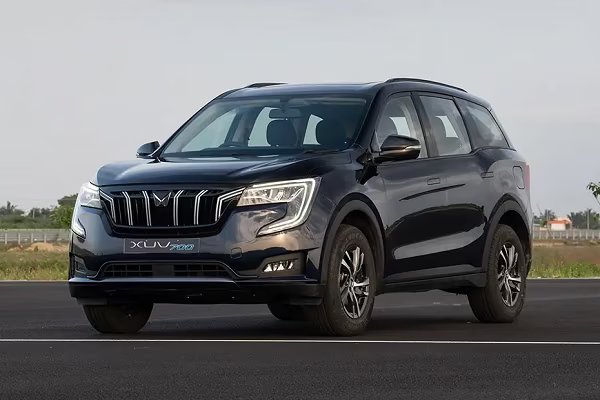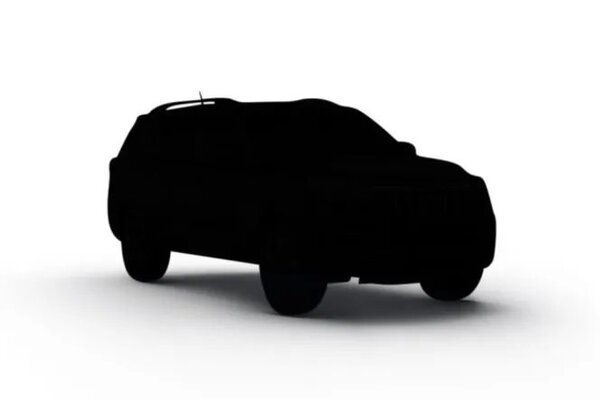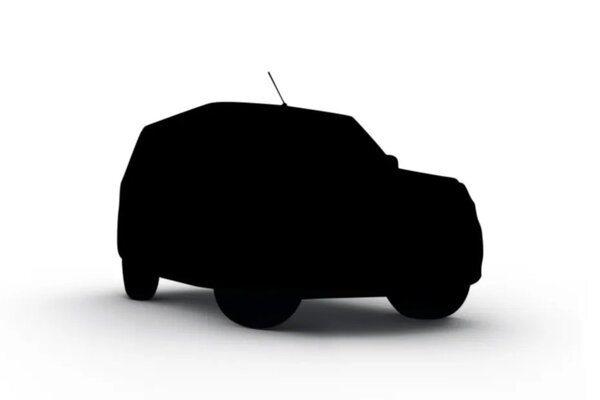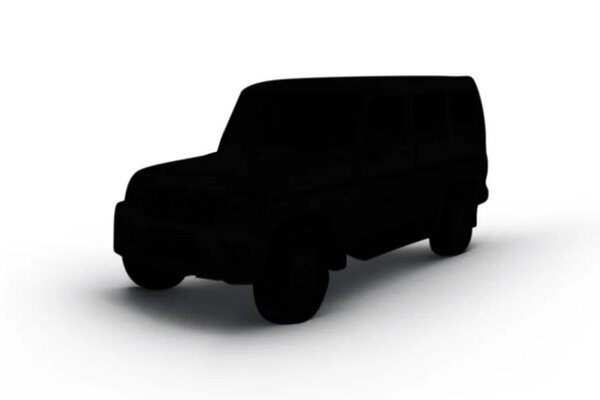Unfavourable FTAs 'playing havoc' on competitiveness of India's auto: Mahindra
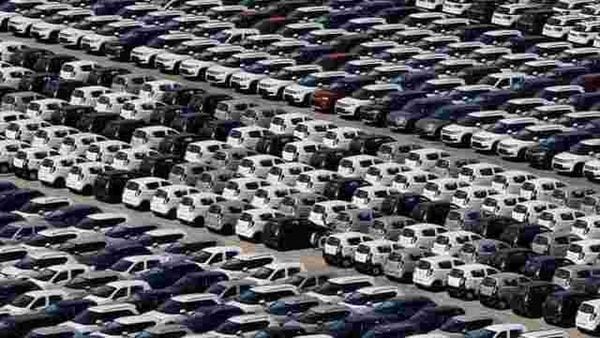

Unfavourable FTAs are "playing havoc" on competitiveness of India's automobiles and component exports and the government must put this high on the agenda to fix it while negotiating trade agreements, Mahindra and Mahindra Managing Director and CEO Pawan Goenka said on Friday.
Speaking at the annual convention of SIAM, Goenka, former president of the auto industry body, said higher logistics cost for shipments in and out of India and high industry power tariff were also impeding the auto industry's cost competitiveness.
Also check these Vehicles
While stating that the auto industry has committed itself to increase exports, reduce imports and invest in R&D to play its part in Prime Minister Narendra Modi's call for the 'Atmanirbhar Bharat', he said it would "need facilitation from the government on India on some specific instances".
Addressing Commerce and Industry Minister Piyush Goyal, he said, "To grow our exports, the biggest requirement is to become cost competitive, both in components and for vehicles. As you are aware, unfavourable FTAs are playing havoc on our competitiveness. We understand this is not easy to fix and will take time but we request you to keep this high on the agenda as you negotiate trade agreements."
Goenka further said the immediate focus of the auto sector is to reduce imports.
"Today, the industry is importing about (Rs) 1 lakh crore of components. ACMA and SIAM members will work together to reduce imports by about half in the next four to five years. That's a commitment," he said.
He, however, added, "But, for this to happen, we need to eliminate any gap in competitiveness, on cost, on quality, on technology and capability."
Two specific areas for the industry to look at is the electronics components and steel imports.
"Electronics component is all about competitiveness, where India does not have the scale to match the prices offered by China and ASEAN countries.
"There is a huge import of electronic components to the country, not fully for auto but also for many other sectors like consumer electronics industry, energy and telecommunications," Goenka said.
Thus, he said, "There is an opportunity to aggregate demand and provide to scale up opportunities for manufacturing."
Goenka added that some handholding will be required by the government for two-three years for the industry to gain enough scale to be able to compete on its own with its neighbours.
For steel, Goenka said, "We will work with the steel industry and steel ministry to minimise the need for importing steel, which in most cases is due to local non-availability of certain grades of steel."
He also pointed out that logistics cost, "which is substantially higher for shipments in and out of India" and high industry power tariff were also adding to the industry's cost competitiveness.
"GST (goods and services tax), on the other hand, has helped in a big way that has eliminated export of most of the embedded taxes that the industry used to face earlier," Goenka said.
Independent of Covid-19, he said the auto industry has gone through challenging times for the past two-three years.
"We will use this crisis of Covid-19 to rethink, restrategise and reorganise as an industry. Put a road map and most importantly implement the road map that we are jointly putting up together," he said.







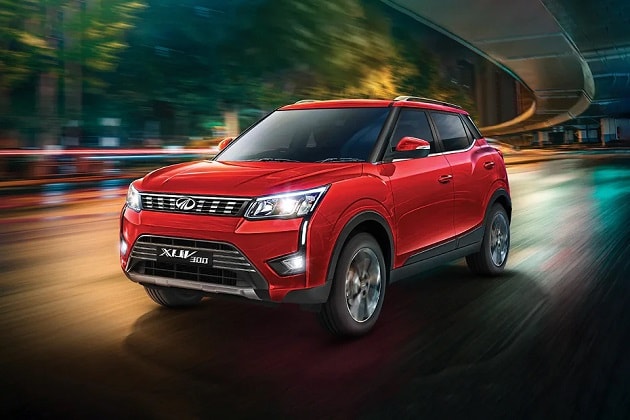
 1497.0 cc
1497.0 cc Multiple
Multiple